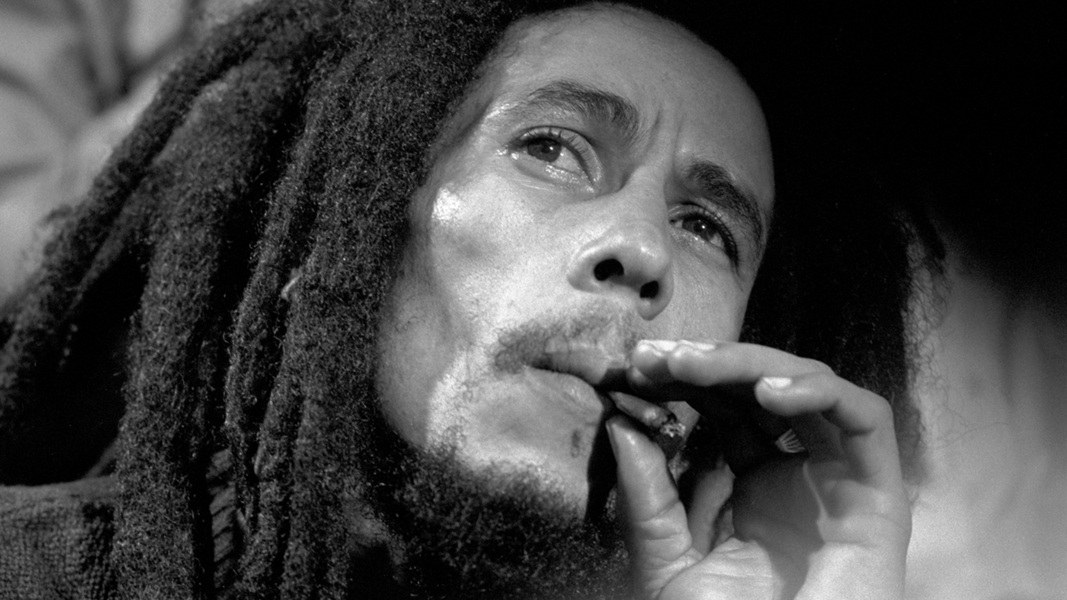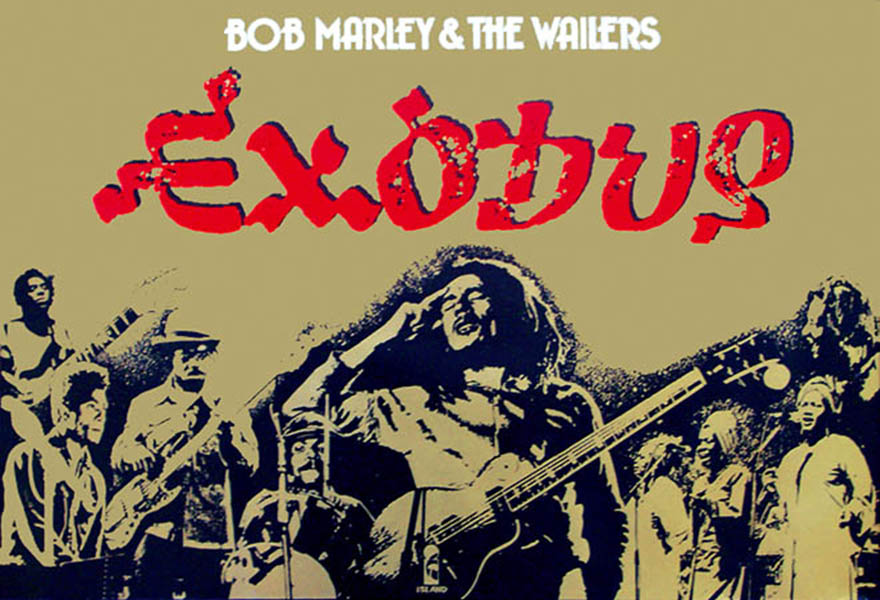When the body of an elderly homeless man was discovered in a discarded cardboard box behind the back of a fast food joint in downtown Kingston, Jamaica, coroners had a problem: Who was this mysterious old man? No identification had been found on the body; indeed, the only possessions the old man had on him were a faded photograph of the Houses of Parliament in London, a dented tin containing a small quantity of marijuana and a battered old guitar.

With no leads to go on, the authorities turned to Jamaica’s national DNA database. When the results came back from the lab, the coroners couldn’t believe their eyes.
“I thought it must be a joke,” says Jacob Chambers, the chief coroner. “My colleague came running into my office waving a piece of paper in the air. ‘You’re not going to believe this,’ he shouted. I told him to calm down and explain what all the excitement was about. When he told me, I couldn’t believe it.”
The results of the DNA test reveled that the old man police had discovered behind the fast food restaurant was none other than reggae superstar … BOB MARLEY.

“I stared at the results wide-eyed,” Chambers admits. “My jaw dropped to the floor. This had to be a mistake.”
It had always been presumed Bob Marley had died from cancer in 1981 as he made his way back to Jamaica by plane from Germany. But if that was the case, why was his elderly body lying on a slab in a downtown Jamaican morgue? Chambers could come up with only one explanation:
“Naturally I concluded somebody was playing a joke on us, and told my assistant to label the body as ‘persons unknown’. This would mean it could be cremated by the authorities and the death filed as that of an unknown male in his late sixties to early seventies. But it was then that things got really weird.”

That afternoon, the coroners office was visited by men in sunglasses. They were wearing dark suits and called themselves ‘government officials’. They confirmed that the body was indeed that of the late reggae legend, and that Marley’s death had been faked back in 1981 on the request of the star who had grown tired of all the attention he was getting and just wanted to live the quiet life of a street busker in Jamaica, earning enough for food, reggae tapes for his Walkman and cannabis. The Jamaican government agreed to go along with Marley’s plan, on the understanding that they would receive the royalties from his most successful album, Exodus.

Chambers claims the ‘government officials’ removed the body of Marley, along with the DNA results and the coroner’s report into the death. They then left, warning Chambers and his staff to keep quiet about the matter or they would face – in Chambers’ words – ‘serious consequences’.
“I decided I couldn’t stay silent about this, despite having no evidence because the government took it all away to a secret location somewhere,” says a defiant Chambers. “Bob Marley did not die in 1981, and I’m damned if I’m going to keep that a secret just because some shady officials told me to. The truth must be heard, even if that means the government losing the royalty rights to Exodus, which is a fantastic album by the way.”


